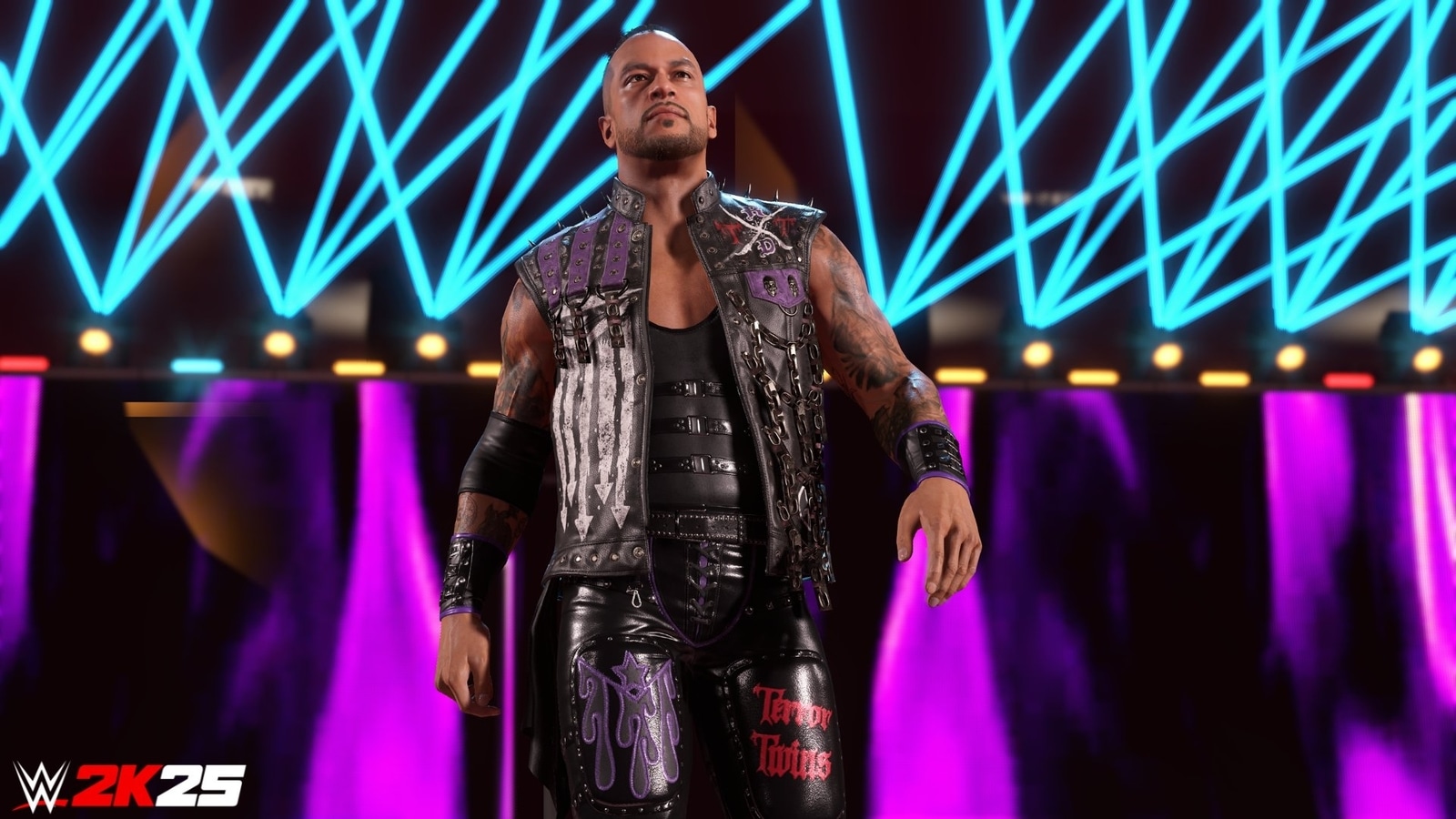“This is a big shift for the Reform movement,” Rachel said.
A remarkable moment occurs in the film when Rachel ministers the confessional prayer, the vidui, at Eli’s bedside. It’s a moment of revelation and acceptance, allowing a dying person to rid himself of regrets and the perceived wrongdoings he committed during his life. Rachel knew her father carried a lot of shame, primarily over his inability to provide for his family financially, but she was still stunned by his level of regret. In the film he calls himself a schmuck. He believes himself to be a failure yet finally, with two days to live, we witness him let go of the shame and see his life from a different perspective.
“Now, I want so many people to see this movie,” Rachel said. “What about all the people who might see it and think, ‘Oh my gosh, I’m also walking around beating myself up because I don’t have enough ‘worth’ when actually I have inalienable, inherent, God-given worth.’ If people get that from this film, then I have no reservations anymore. I want people to see it and feel that for themselves and not have to wait until the last day of their lives.”
The Timoner clan gathered in Telluride to celebrate the film and to celebrate their father. At a dining room table in their rental house above the mountain town, the brood began discussing the afterlife. Jews, Rachel explained, don’t believe in hell, but they do believe in Olam Haba, which translates to “a world after death.” To this family, there is no question that Eli is still present and that the film has made his presence even larger, because now, according to them, he lives inside the audience, too.
As a fitting end to this emotional journey, Rachel officiated at the wedding of Ondi and her partner, Morgan Doctor, the composer of the film, mere hours after our interview ended. In an email sent two weeks after the big day, Ondi reaffirmed her belief.
“I did feel Dad smiling across the sky when we were standing in the meadow and Rachel was marrying us.”























